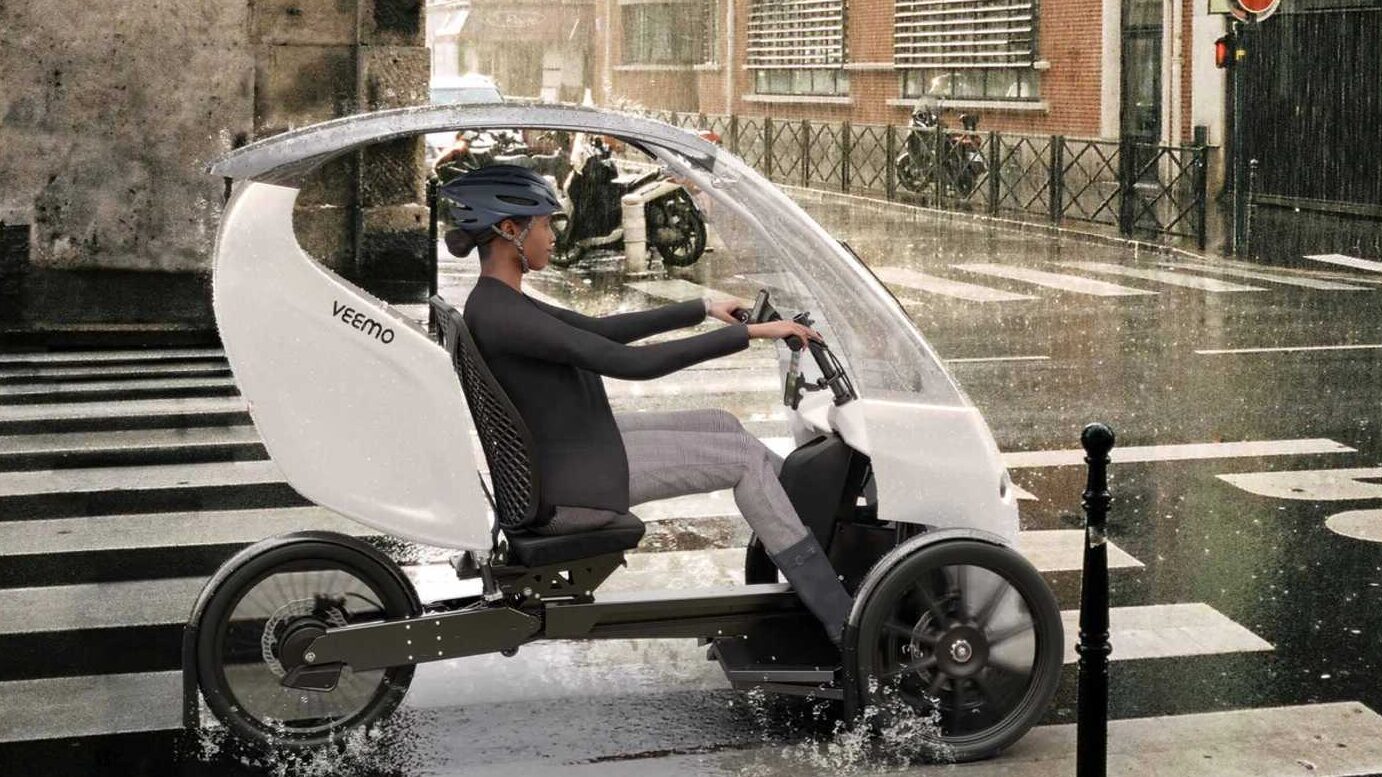According to the TomTom Traffic Index, in January 2020, it took drivers in Toronto 33% longer to travel to their destinations due to traffic, compared to the same trips with clear road conditions. At this point before the pandemic, Toronto had the second worst level of congestion in Canada after Vancouver.
These cities aren't alone, though. It's likely to affect any sprawling metropolis. The gradually increased use of public transportation is reducing the number of cars on the road, as are high-occupancy vehicle lanes. But among vehicles on the road, would the woes of commuters be lessened if, on inner-city roads, vehicles that were carrying minimal cargo and only one passenger were replaced with bikes? Furthermore, could this exchange be viable if the movement of a bike was assisted with motors, as with electric bicycles?
The e-bikes made by Estonian company Ampler Bikes indicate that this kind of exchange may be more convenient than you'd think.
On March 7th, 2022, Ampler Bikes presented two models from their second generation of e-bikes, all built and tested in Estonia. The Ampler Juna and the Ampler Axel are sleeker and lighter than ever. The Juna has a weight of 16.5 kilogrammes and is usable for riders between 150 and 174 centimetres in height, while the Axel is 16.3 kilogrammes in weight and usable for riders between 170 and 200 centimetres in height.
Become a subscriber to continue reading!
Every week we bring you news from the community and exclusive columns. We're relying on your support to keep going and invite you to subscribe.
Starting from $2.30 per week.




